Our impact
since Nov. 2020
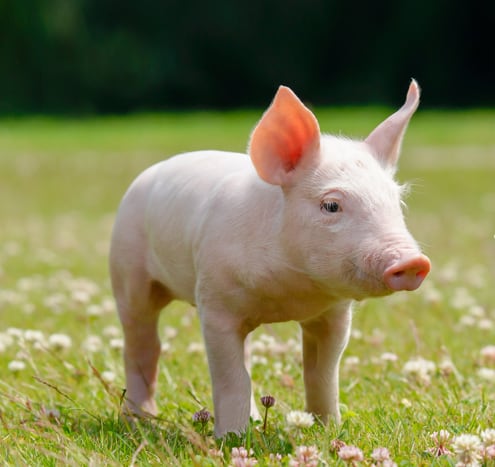
The Humane League
The Humane League is a global animal protection nonprofit that exists to end the abuse of animals raised for food. Through corporate negotiations, grassroots activism, and policy work, they drive meaningful change across the food industry that reduces the suffering of billions of farmed animals. Their evidence-based approach and dedication to institutional and individual change have made them one of the most effective animal protection organizations worldwide.
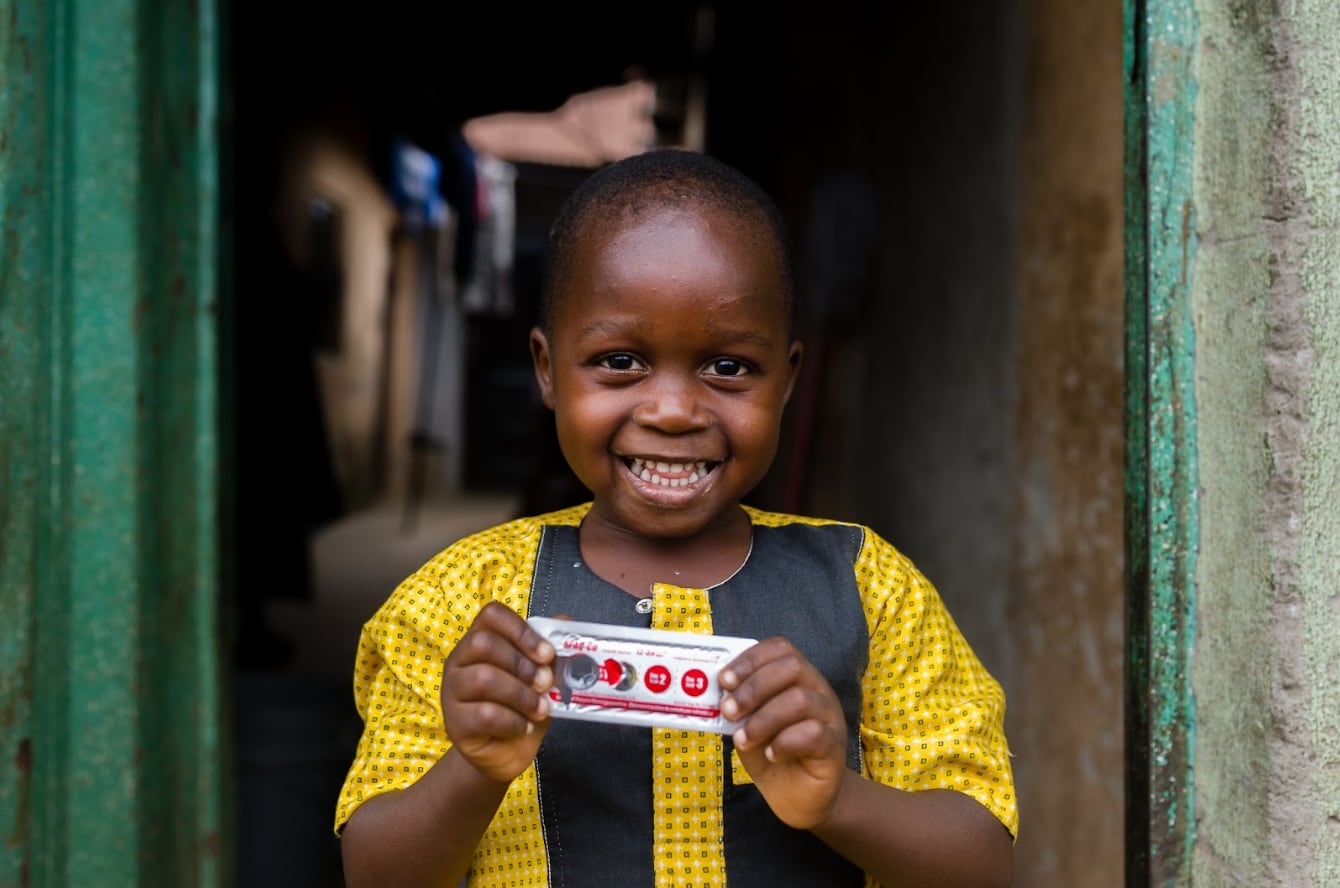
Malaria Consortium
Malaria Consortium delivers a highly effective community-based intervention to prevent malaria infections in children in areas where the malaria burden is high and transmission is seasonal. Their seasonal malaria chemoprevention (SMC) program ensures those most at risk receive preventative medication during the peak malaria season.
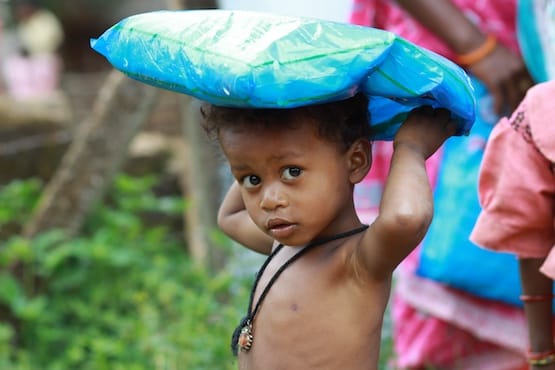
Against Malaria Foundation
The Against Malaria Foundation provides funding for long-lasting insecticide-treated net (LLIN) distributions (for protection against malaria) in developing countries. Insecticide-treated nets prevent malaria and are inexpensive — about $6 per net. There is strong evidence that distributing LLINs reduces child mortality and malaria cases.
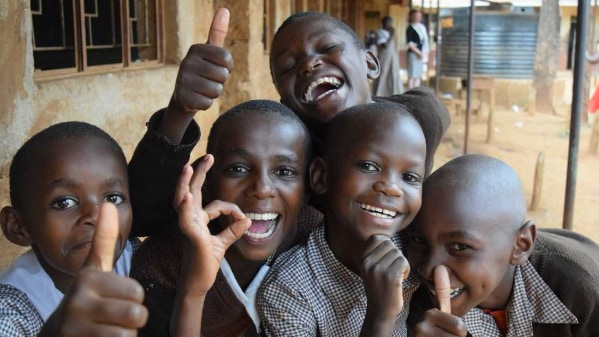
Evidence Action's Deworm the World
Nearly 900 million children are at risk of parasitic worm infection that can lead to malnourishment, anemia, impaired mental and physical development, and severe chronic illness. Deworm the World partners with governments in low- and middle-income countries to treat one in five children who need deworming worldwide. This simple, low-cost intervention—delivered for less than $0.50 per treatment—improves children's health today and lays the foundation for a lifetime of health and opportunity. They deliver this critical health solution where children already gather in school.
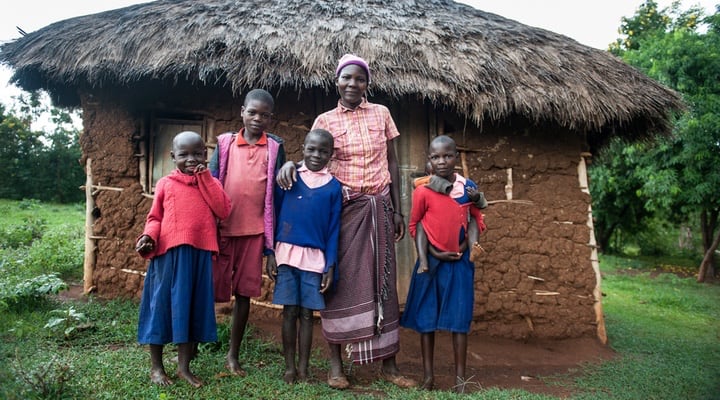
GiveDirectly
GiveDirectly lets you send money directly to the world's poorest, no strings attached. Hundreds of academic studies show cash transfers can boost income, health, education, and more. Since 2009, GiveDirectly has delivered over $1 billion to over 2 million people in poverty via mobile money. A ~$1,000 cash transfer doubles the annual income of a family in extreme poverty so they can invest in what they need most.

Helen Keller Intl
Helen Keller International (Helen Keller) supports programs focused on reducing malnutrition and averting blindness and poor vision. Experts consider Helen Keller's work on vitamin A supplementation (VAS) in fourteen countries across sub-Saharan Africa to be particularly effective. Helen Keller Intl provides technical assistance, engages in advocacy, and contributes funding to government-run VAS programs. By providing essential Vitamin A to children aged 6 to 59 months, the program strengthens immune responses, significantly reducing the risk of blindness, disease, and death.
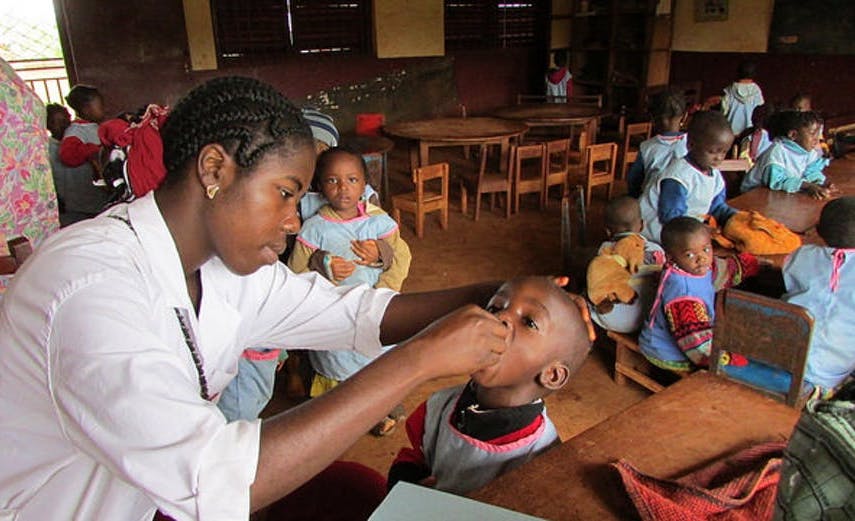
New Incentives
New Incentives runs a conditional cash transfer (CCT) program in North West Nigeria which seeks to increase uptake of routine immunizations through cash transfers, raising public awareness of the benefits of vaccination and reducing the frequency of vaccine stockouts. A randomized controlled trial (RCT) of New Incentives' program found strong evidence that the program increases vaccination rates.

The Good Food Institute
The Good Food Institute is a nonprofit think tank working to make the global food system better for the planet, people, and animals. Alongside scientists, businesses, and policymakers, GFI's teams focus on making plant-based and cultivated meat delicious, affordable, and accessible. Powered by philanthropy, GFI is an international network of organizations advancing alternative proteins as an essential solution needed to meet the world's climate, global health, food security, and biodiversity goals.

Clean Air Task Force
Clean Air Task Force (CATF) is a global nonprofit organization working to safeguard against the worst impacts of climate change by catalyzing the rapid development and deployment of low-carbon energy and other climate-protecting technologies. Their campaigns focus on reducing the air pollution caused by coal and gas-fired power plants; regulations of methane emissions from oil and gas, agriculture, and waste; and pushing the policy and regulatory changes needed to advance next-generation climate technologies like advanced nuclear energy, fusion energy, and superhot rock geothermal.
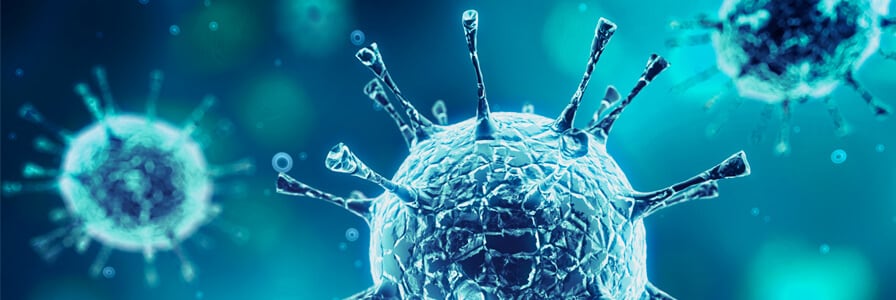
Johns Hopkins Center for Health Security
The Center for Health Security at Johns Hopkins advances policy, science and technology to protect people’s health from epidemics and disasters and ensure that communities are resilient to major challenges. The Center conducts research to prevent and prepare for GBCRs to enhance global health security.






-Logo.wine.png)
























